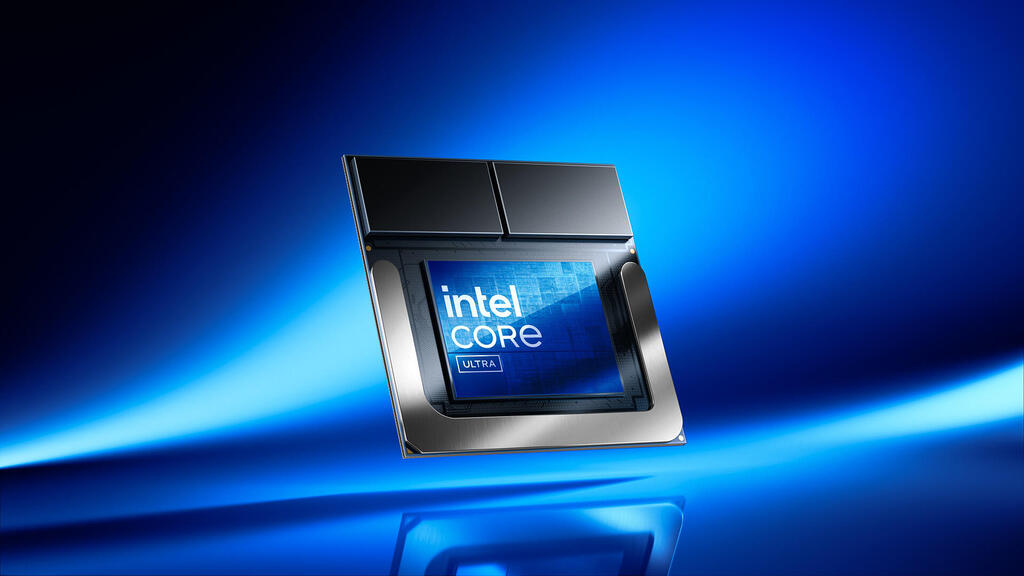Getting your Trinity Audio player ready...
The 2025 Consumer Electronics Show (CES) spotlighted groundbreaking advancements in artificial intelligence (AI) by leading chipmakers Intel, Nvidia and AMD.
As AI continues to evolve, the companies unveiled a slew of processors and technologies aimed at redefining the personal computing landscape, signaling a new era of AI integration in everyday devices.
Intel: Striving to regain its industry foothold
Intel introduced a range of new processors, including the high-performance Core Ultra 200HX series for gaming laptops. These chips feature up to 24 next-gen cores, speeds of up to 5.5 GHz and an AI processor (NPU) capable of executing 13 trillion operations per second. The processors also support WiFi 7 and Thunderbolt 5 and are 33% smaller than the previous generation.
Building on the success of its Lunar Lake series, Intel announced the Core Ultra 200V + vPro, a chip equipped with AI capabilities compatible with Microsoft’s +CoPilot standard. These announcements reflect Intel's bid to recover from recent challenges and reassert its dominance in the industry.
Get the Ynetnews app on your smartphone: Google Play: https://bit.ly/4eJ37pE | Apple App Store: https://bit.ly/3ZL7iNv
Nvidia: AI at the core of future innovations
Nvidia CEO Jensen Huang captivated attendees with a nearly two-hour keynote focused largely on AI. While the much-anticipated GeForce RTX 50 graphics cards received some attention, the highlight was Nvidia's integration of AI to enhance graphical processing capabilities.
Huang also unveiled the GB10 superchip and introduced Project DIGITS, a desktop supercomputer designed for developers, researchers and students. Priced at approximately $3,000, this high-performance machine is expected to be available in the coming months.
AMD: Expanding AI offerings
AMD’s announcements, though more subdued, emphasized its commitment to gaming and AI computing. The company revealed a new family of Ryzen AI Max processors targeting high-end AI systems, alongside Ryzen AI 7 and Ryzen AI 5 chips for mid-range and entry-level AI-powered computers.
While AMD's focus remained practical, highlighting performance gains, its relatively limited CES announcements stood in contrast to Intel's and Nvidia's bold visions.
- The writer was a guest of Intel at CES 2025 in Las Vegas.


